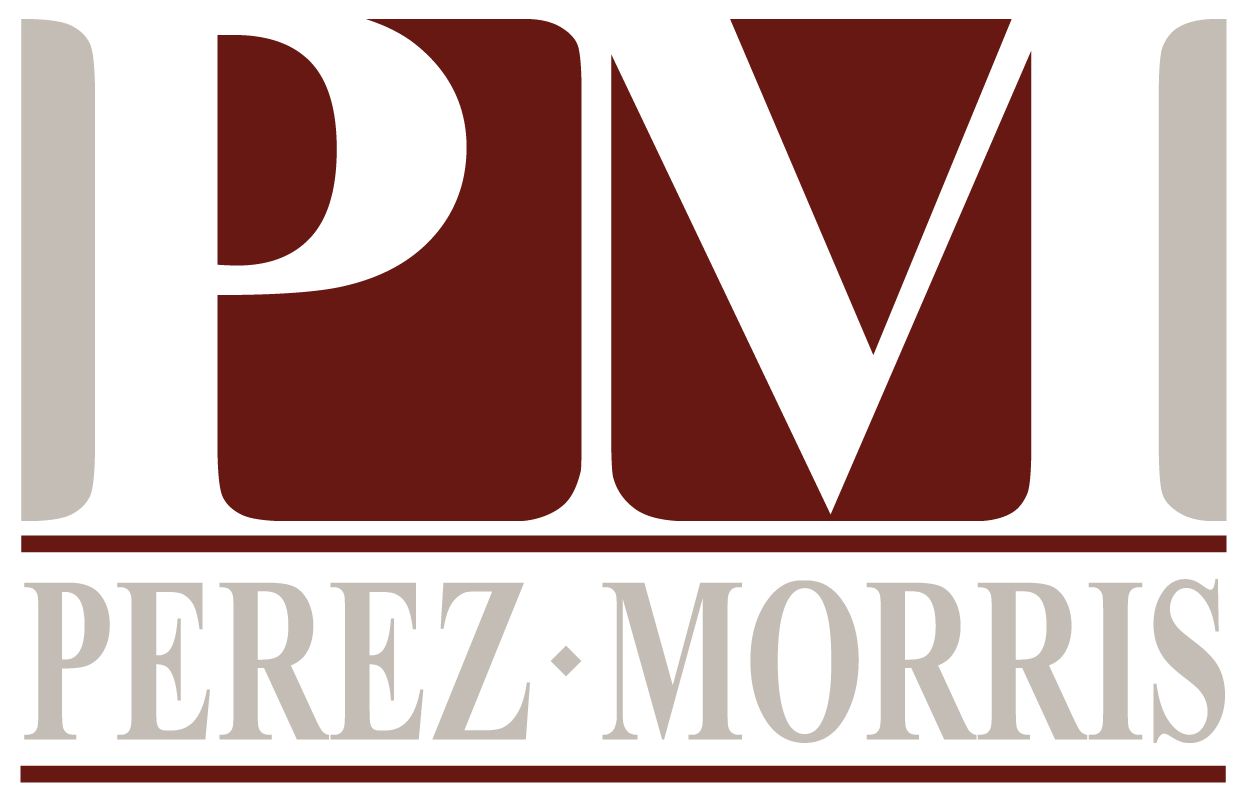The question of whether, and to what extent, federal law preempts state law for aviation claims falling under the purview of the Montreal Convention (“the Convention”) has remained a challenging and unsettled issue across jurisdictions for decades. With no official pronouncement from the Supreme Court of the United States, courts have been left to interpret what has amounted to unclear language of the Convention with minimal binding precedent, resulting in markedly inconsistent applications. While the purpose of the Convention was to reconcile supplemental amendments to the prior iteration of the treaty and achieve uniformity of the rules governing international carriage, one of the most critical issues—federal preemption—ironically continues on a path of relative uncertainty.
In the most recent judicial opinion to address this issue, Parrish v. City of Albuquerque became the first court in the Tenth Circuit to find that the Convention cannot be read to completely preempt state law claims. In Parrish, the passenger had booked a flight from Albuquerque, New Mexico to Canada. Although able to walk with limited mobility, the passenger was provided wheelchair assistance at check-in. After being escorted to the gate in the wheelchair, the passenger was then left unassisted during the boarding process, instructed by airline personnel to board without help, and was injured while attempting to push the wheelchair down the jet-bridge herself. Parrish at 2.
While specifying that case law is divided on whether complete federal preemption applies, the court looked to the plain meaning of Article 29 and its statutory construction to conclude that it permits alternative causes of action under state law outside the scope of the Montreal Convention. Specifically, the court found that the phrase “whether under this Convention or in contract or in tort or otherwise” meant that state law claims could be allowed because the conjunction “or” was used as a function word to indicate an alternative avenue of recovery for claimants. Parrish at 6. On the other hand, the court mentioned that if the Convention was read to require complete preemption, the words “or in contract or in tort or otherwise” would be rendered worthless as no alternative would be available. Parrish at 7.
In further disagreeing with the argument in favor of complete federal preemption, the court found that the reliance on the seminal U.S. Supreme Court decision of El Al Israel Airlines v. Tsui Yuan Tseng to be unpersuasive. The Parrish court did not view the conclusion of Tseng (“recovery for a personal injury suffered on board [an] aircraft or in the course of any of the operations of embarking or disembarking, if not allowed under the Convention, is not available at all”) as having a preemptive effect. Instead, Parrish reasoned that a conflict of law between authorities does not itself automatically result in total preemption and therefore any reliance on Tseng would improperly conflate the two legal doctrines. Parrish at 5.
Notably, the holding in Parrish is at odds with other district courts within the Tenth Circuit, including Callahan v. United Airlines (2017), where the court held that the Montreal Convention completely preempts state law and provides passengers an exclusive remedy. Callahan at 3. Importantly, the court examined the exact same language from the treaty as did Parrish, yet the Callahan court found that the Convention exclusively established itself as the only cause of action for claims within its scope because Article 29 “mandate[es] that any action, no matter the basis, can only be brought subject to the provisions of the Convention.” Callahan at 3. In also citing to Tseng—but to support its conclusion—the Callahan court pointed out that “recourse to local law would undermine the uniform regulation of international air carrier liability that the Convention was designed to foster.” Callahan at 2 citing Tseng.
Although there are stark differences of interpretation as to the scope of the Convention’s preemptive reach, courts do agree that there is no binding authority within the Tenth Circuit, and that there is division among courts in other jurisdictions as well. Given these continued inconsistencies, the issue of federal preemption under the Montreal Convention remains ripe for appellate review.

Charity Hyde is the Managing Attorney, Northeast Offices of Perez Morris Hyde. Her core practice includes aviation-related litigation, transportation and motor vehicle liability, premises liability, and insurance fraud investigation. Charity’s background includes leading multi-attorney teams and representing airlines, airports, commercial entities, retailers, and large manufacturing clients in complex, high-exposure litigation in several states. You may contact her at chyde@perezmorris.com or 215-692-1235. Read more

